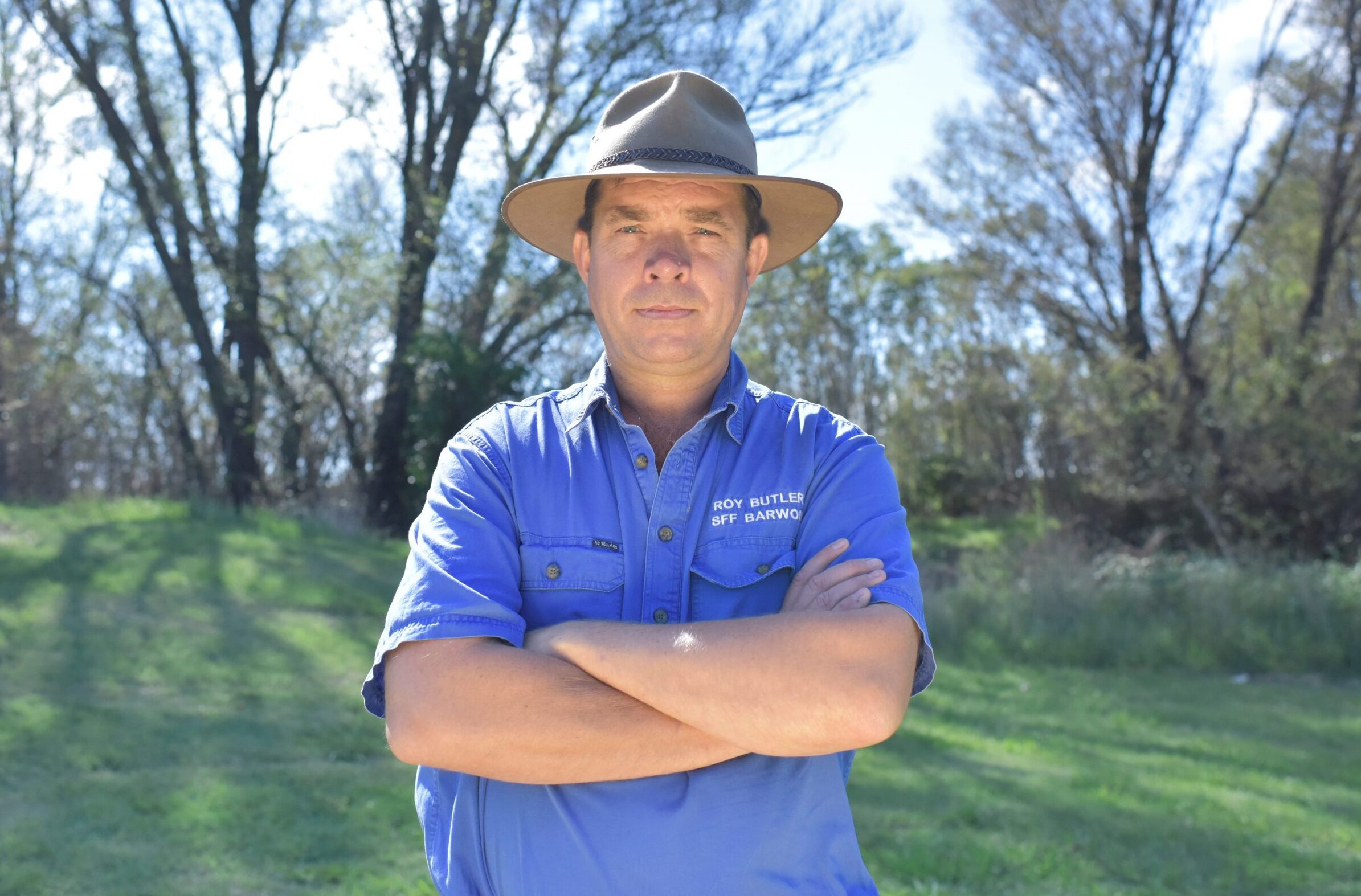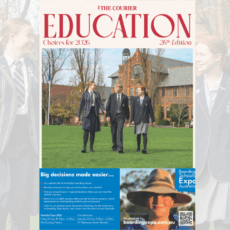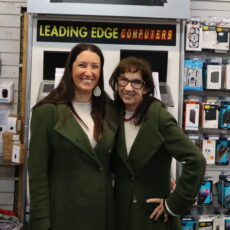A Dine and Discover type scheme where regional residents could obtain vouchers to pay for costs such as tolls, parking and accommodation when accessing essential services in Sydney has been suggested by Roy Butler, state Member for Barwon.
Mr Butler addressed the NSW Parliament, voicing concern about cost of living pressures being faced by people living in regional areas.
An advocate for the overhaul of the Isolated Patients Travel and Accommodation Assistance Scheme, Mr Butler acknowledged that things had improved for people in the country, including above-average rainfall, bumper harvests and a tourism boom, however, cost of living pressures posed a risk of holding people back.
“For decades, those living in regional, rural and remote areas have been affected by disadvantages, many of which continue today. We have to live with and adjust to some of them, like the long distances and the cycles of drought, but we can do something about many of them,” Mr Butler said.
“Living in an isolated community means having to travel far from home to do a range of things, such as shop, seek medical treatment and go to school.
“That means spending more money than most city people on fuel, vehicle maintenance and transport. Therefore, fuel price rises often have a bigger impact on rural people than on city people.
“Fuel price hikes also impact the cost of food and other basic necessities—essentially anything that has to be transported—many of which are usually higher than they are in the cities, without an oil crisis.”
Mr Butler told the NSW Parliament travelling to Sydney added another burden for visitors accessing the city for essential services.
“Most of the motorways into the city have tolls that add to the cost. Parking in Sydney is prohibitively expensive,” Mr Butler said.
“But things can be done to ease the financial burden and the stress of navigating the tangled maze of Sydney’s streets.
“For example, an Opal card that provides free or subsidised travel for people from regional and rural areas would assist them to get around more easily, without the need for a car.
“That would remove more cars from city roads, which is the government’s intention.
“It would not be favouritism but simply an attempt to shift the imbalance and bring it closer to parity for people who choose to live outside Sydney but have to visit and find it expensive and confusing to navigate.”
Mr Butler said such subsidies for regional residents would have a long-term benefit.
“Making it easier for regional, rural and remote dwellers to get to and from the city would also be of benefit to everybody in the city,” Mr Butler said.
“A happier, healthier rural population means a more productive rural sector, which has flow-on effects for the cost of food and other produce coming from the country to the cities.”
To order photos from this page click here










